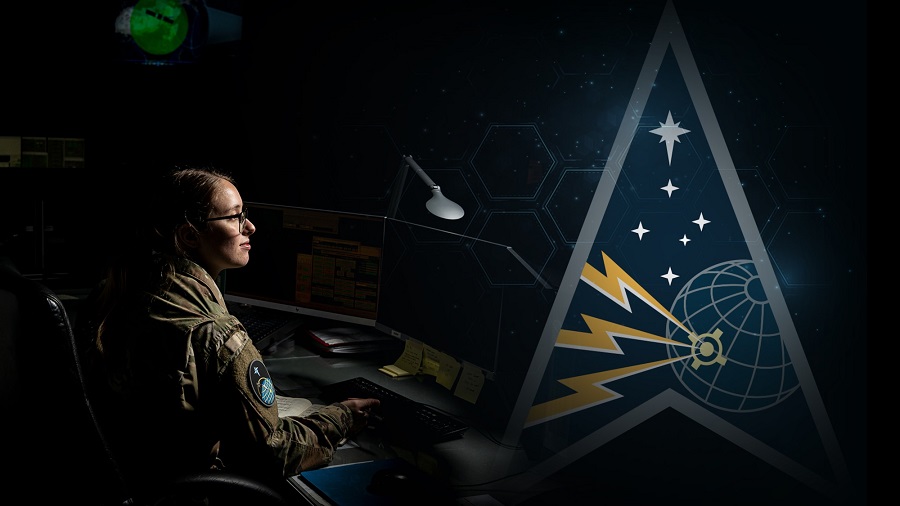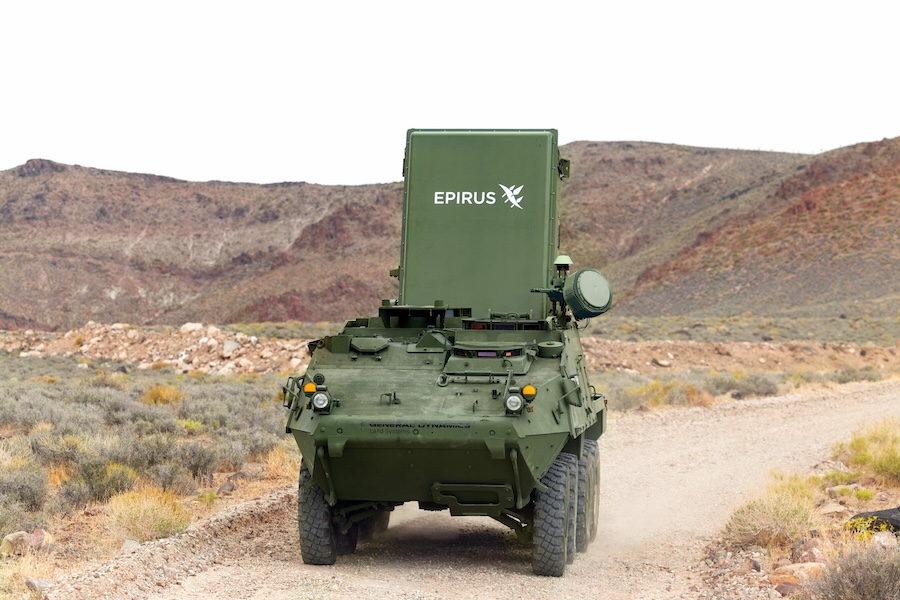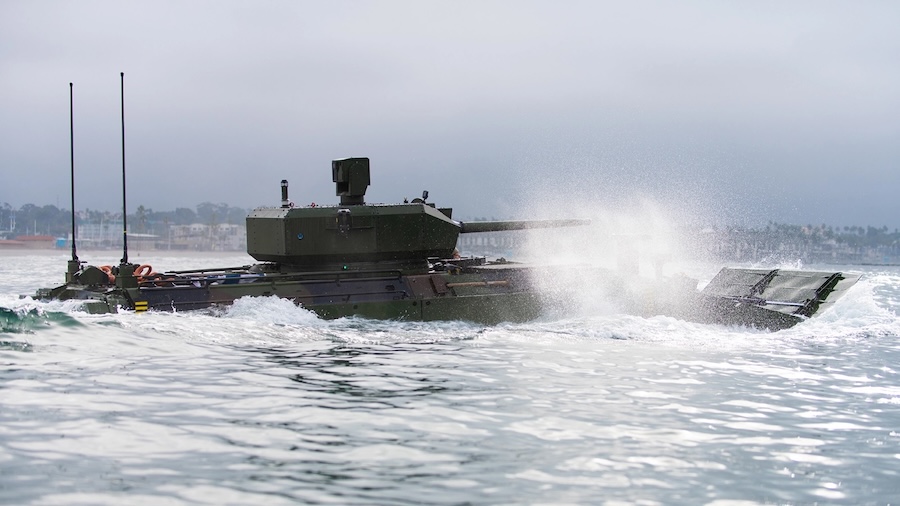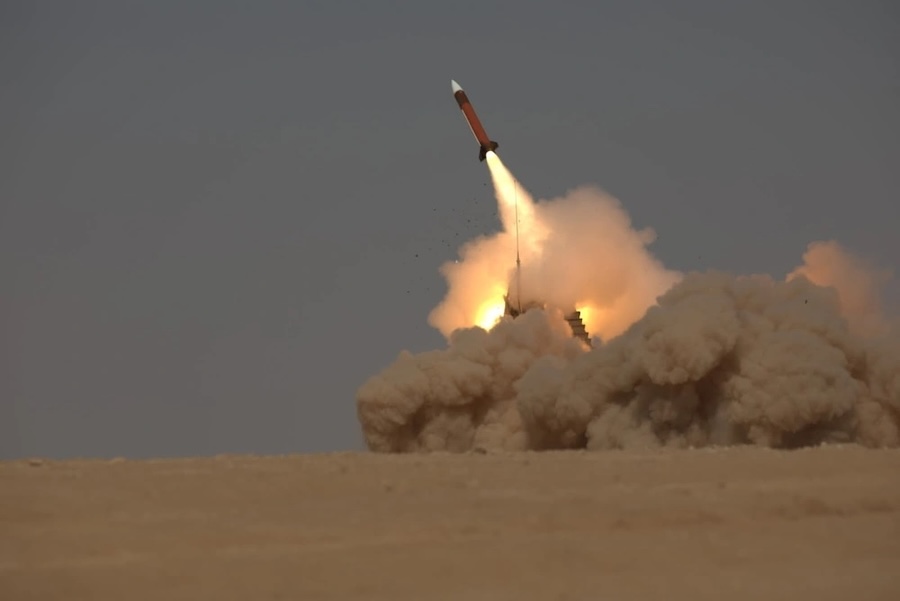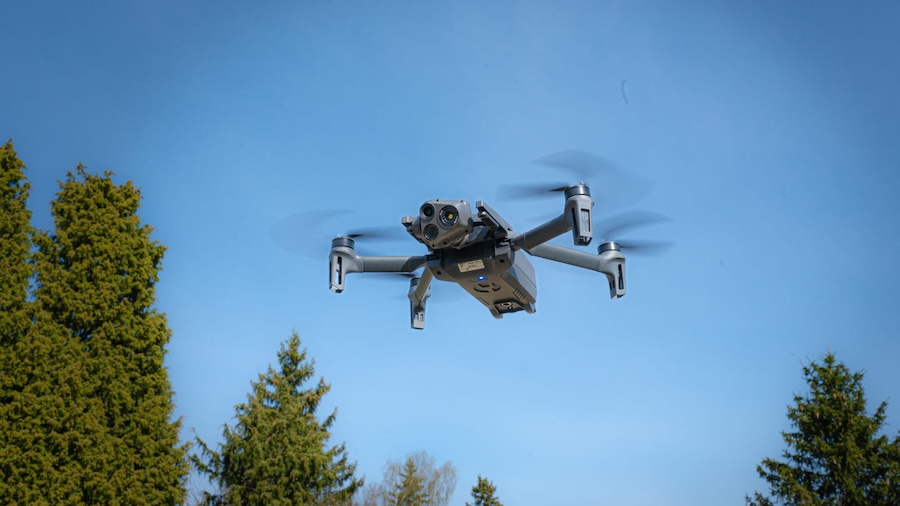Known as the Next Generation Operational Control System (OCX), the update is part of a broader Space Systems Command (SSC) acquisition strategy. Alongside OCX, other programmes such as the GPS III/IIIF satellites and Military GPS User Equipment will together deliver advanced GPS III enterprise capabilities.
These enhancements aim to strengthen signal access in electronically challenged environments and increase the system’s ability to detect failures. They also support more accurate position and time transfers, while safeguarding the integrity and availability of the military GPS code.
“One of our missions is to deliver sustained, reliable GPS capabilities to America’s warfighters, our allies and civilian users,” said Cordell DeLaPena, SSC’s programme executive officer for Military Communications and PNT. “The current enterprise modernization efforts underway gives users confidence that GPS will continue to provide worldwide premier PNT service,” he added.
Mission Delta 31, a unit within the U.S. Space Force, partnered with SSC to implement a structured process involving transition exercises, rehearsals, and constellation transfer trials. “Additionally, there are risk reduction activities designed to demonstrate OCX’s ability to integrate using residual, on-orbit GPS satellites,” explained Col. Stephen Hobbs, commander of Mission Delta 31.
The system delivery was initiated by contractor Raytheon through a Department of Defense Form 250 submission on 1 July 2025. Following this, Mission Delta 31 will proceed with integrated systems testing, Operational Readiness Exercises, and other preparations for the final GPS constellation transfer.
“Testing and transition events will continue until the system is ready to transfer to operations, which is expected in late 2025,” said Hobbs. He emphasised the importance of continued innovation in the face of rapid global developments in space technology: “Modernizing GPS is key in maintaining this essential service and remaining a leader in space.”


